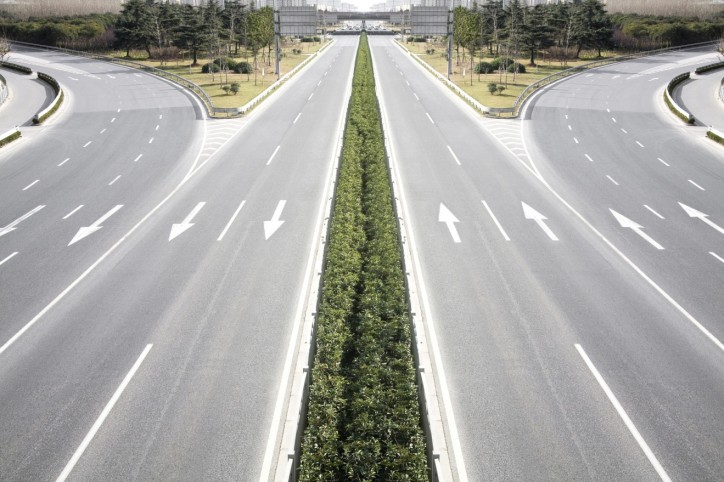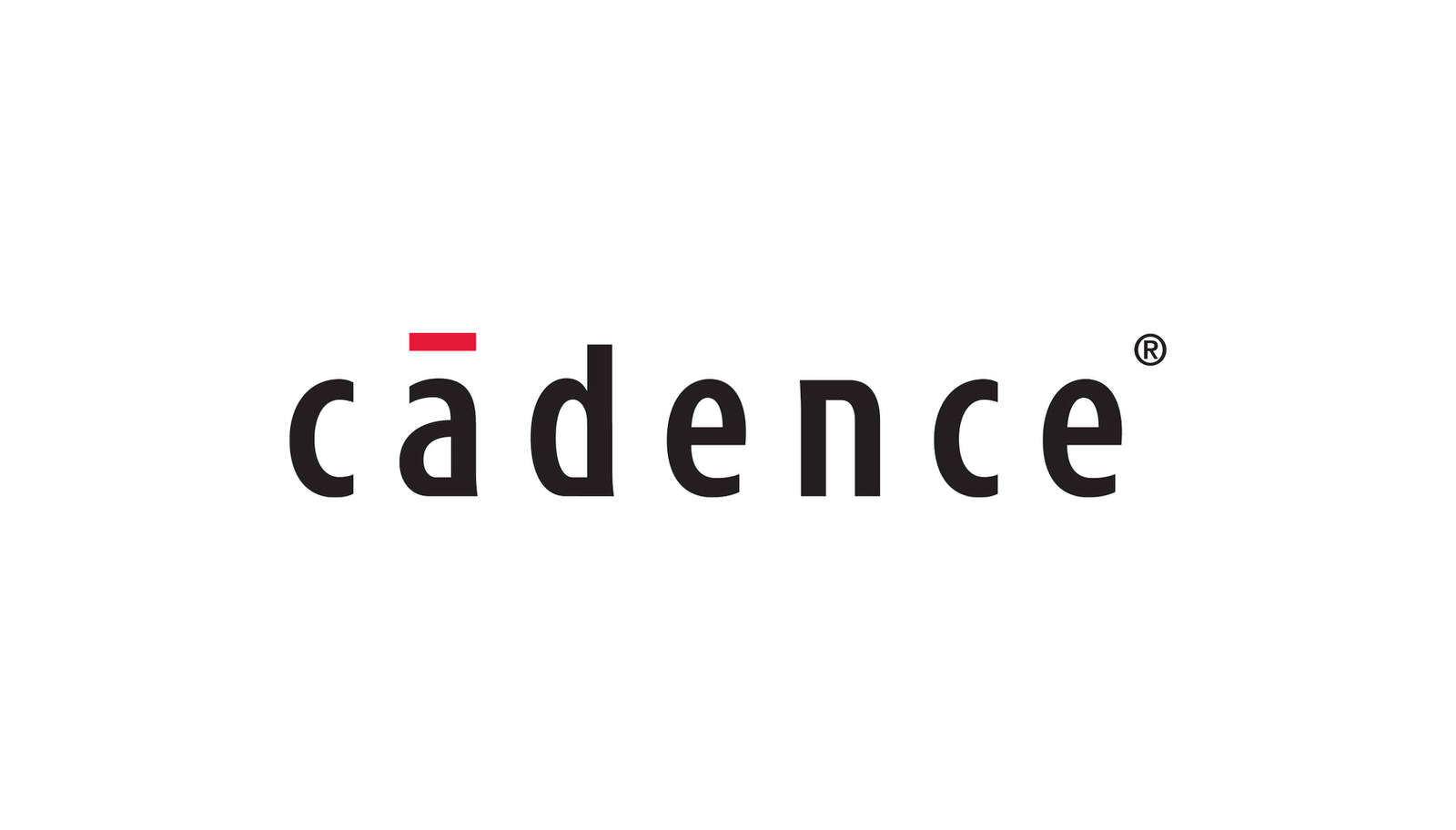by Cullen Roche, Pragmatic Capitalism
My recent post commenting on the “fairness” of capitalism annoyed some people. Many liberals emailed me saying that capitalism needs to be altered substantially while many conservatives emailed me saying that I was being unfairly critical of capitalism. But this misses my point. I am not judging capitalism. Capitalism is a system designed to reward private means of production. Capitalism is a system that society can use for good or bad purposes. Capitalism itself is not inherently good or bad. And the fact that capitalism doesn’t result in equality or perfect fairness does not mean it is either good or bad. Capitalism can be unfair or unequal while also positively contributing to society.
Importantly, the unfairness of the system is part of what makes it so fruitful. That is, the motivation to be rewarded for producing valuable goods and services within a competitive system is an extremely powerful driver of progress. Naturally, there is competition to produce the output that we will ultimately be rewarded for producing. And that results in winners and losers. The fact that this isn’t always “fair” does not mean it is always “bad”. We can improve broad living standards despite a persistent degree of inequality.
But the question of capitalism’s “goodness” or “badness” is one of balance. Capitalism, in and of itself, is not “good” or “bad”, but it can result in good or bad outcomes if we allow it to. It is just a system designed to reward private production. That system can become corrupted by its users if they allow it to become corrupted. For instance, if we allowed Jeff Bezos and Amazon to monopolize most of the USA’s output then this could create an imbalance which leads to Mr. Bezos being able to pay his employees so little that they are essentially beholden to him. He would have monopolized the US economy to the point where he can actually cause widespread hardship due to sheer negotiating power over the labor class. This doesn’t mean Mr. Bezos is “good” or “bad”. In fact, it means he’s a very good capitalist. But if he does not feel the need to redistribute some of his savings then his unspent income becomes everyone else’s reduced potential income. If Mr. Bezos were to hold incomes low or reduce employment as robots do more of the required work at Amazon then he can increase the value of his firm and his wealth even while broader incomes stagnate. In such an extreme environment capitalism could actually be causing unnecessary hardship for the broader society.
The above example is a story that I would describe as “excessively unfair” because it has resulted in a system that benefits a very small portion of society. That is, even if Mr. Bezos is producing output that benefits society he is doing so in a manner in which there is also widespread hardship because his employees barely have the incomes necessary to enjoy his future production. This doesn’t mean that Mr. Bezos didn’t “earn” his wealth. But from a moral perspective we should not be willing to view the economy as though it is a poker game. One person does not get to stand up at the end of the night and walk away with all of the earnings if it means that everyone else in the game has to live on the street. This, I would argue, is taking the degree of “unfairness” to a point at which capitalism leads to a “bad” outcome.
It’s impossible to quantify what the right “balance” is here. But when median wealth and incomes stagnate for 30 years I think it’s safe to say that we do indeed have an imbalance. This doesn’t mean capitalism is failing us. It just means we are allowing it to veer to its extreme too much. Of course, this also doesn’t mean we have to shift course completely in the opposite direction and go all “socialist” either. It just means that we need to tilt things in favor of the labor class a bit after a long period where broad macro trends have shifted them in favor of the capitalist class. Shifting policy back in favor of the labor class after an unprecedented period of prosperity for the capitalist class doesn’t mean we are becoming socialists. It just means we are identifying and hopefully rectifying a potential imbalance.
Copyright © Pragmatic Capitalism















